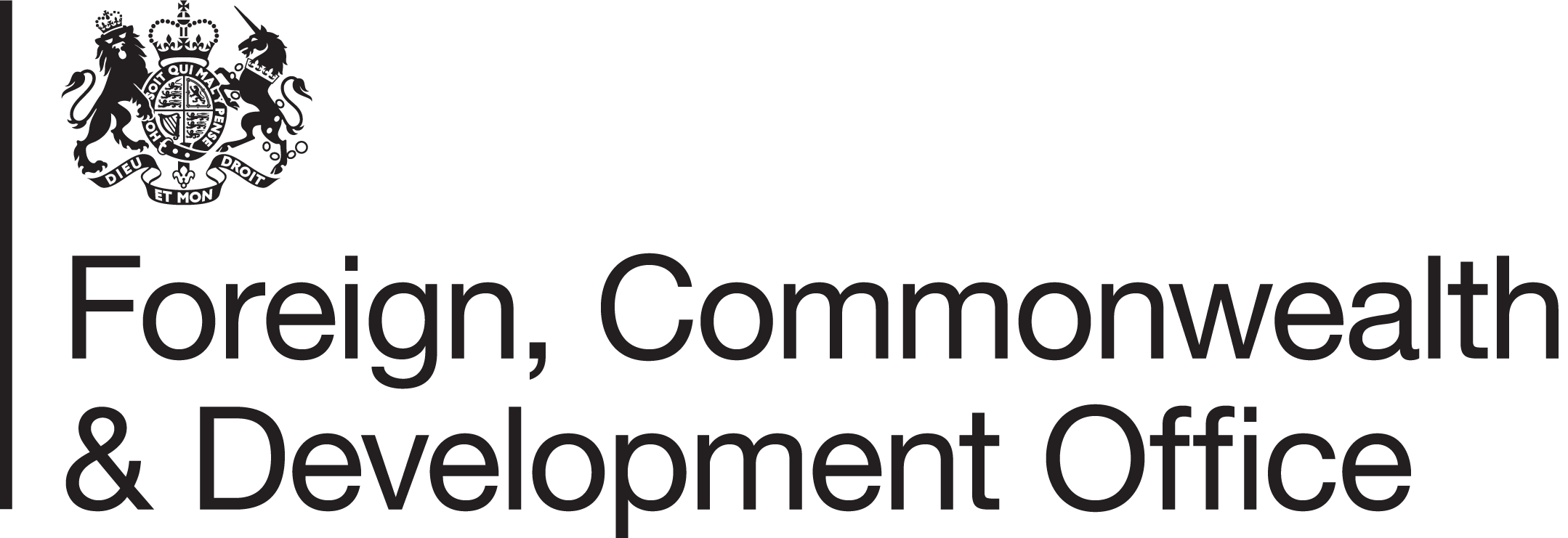Building Resilience and Adaptation to Climate Extremes and Disasters (BRACED)
As stated under goal one of the Sustainable Development Goals, building the resilience of the poor and those in vulnerable situations is vital to end extreme poverty – as is reducing their exposure and vulnerability to climate-related extreme events and disasters. We know that these vulnerabilities, when combined with other shocks and stresses, presents significant barriers to development progress and economic growth.
BRACED is designed to tackle this combination of poverty, insecurity, disasters and climate extremes through scaling up proven technologies and practices in the countries most at risk. Research and evaluation will build the evidence on what works on adaptation, disaster risk reduction and building national and international capacity to respond to climate related disasters.
BRACED projects cover a wide range of issues, from securing, servicing and promoting trans-border livestock mobility across the Sahel, to sharing skills and technology to improve uptake of climate information in Ethiopia, to supporting smallholder farmers in Nepal to take advantage of economic opportunities and investments in climate-smart technologies.
The BRACED Knowledge Manager consortium, led by the Overseas Development Institute, aims to build a new approach to knowledge and learning. It will act as a centre for developing and disseminating resilience knowledge and ensure BRACED contributes to a sustained and transformational impact on people’s resilience to climate extremes beyond the communities directly supported by funded projects.
Evidence from across the BRACED portfolio and beyond will be gathered through evaluations at different levels, thematic research, and original learning approaches. BRACED will support project partners to increase the impact of their work by integrating ongoing learning into their approach. Evidence will be shared with practitioners to benefit wider programming and will be fed in to policy dialogues to inform national policies and institutions.
Through supporting better integration of disaster risk reduction, adaptation and development approaches, BRACED expects to benefit up to 5 million vulnerable people, especially women and girls, by helping them become more resilient to climate extremes. Fifteen projects operate across 13 countries: Burkina Faso, Chad, Mali, Senegal, Niger, Mauritania, Sudan, South Sudan, Ethiopia, Uganda, Kenya, Myanmar, and Nepal.
Staff
-
Aimee Neaverson
BRACED Project and Operations Manager
-
Charlotte Rye
Communications Consultant
-
Zoe Windle
BRACED Project Officer
-
Elizabeth Carabine
Research Fellow
-
Catherine Simonet
Research Associate
-
Emily Wilkinson
Senior Research Fellow and Director, Resilient and Sustainable Islands Initiative
-
Katie Peters
Research Associate
-
Virginie Le Masson
Research Associate
-
Florence Pichon
Research Associate
-
Blane Harvey
Research Associate
-
Natasha Grist
Senior Research Fellow
-
Alice Caravani
Senior Research Officer
-
Rebecca Nadin
Director, Global Risks and Resilience programme
-
Emma Lovell
Research Fellow
-
Mauricio Vazquez
Head of Policy and Strategic Partnerships
-
Adriana Quevedo
Senior Research Officer
-
Leigh Mayhew
Research Officer
-
Lena Nur
Research Associate


